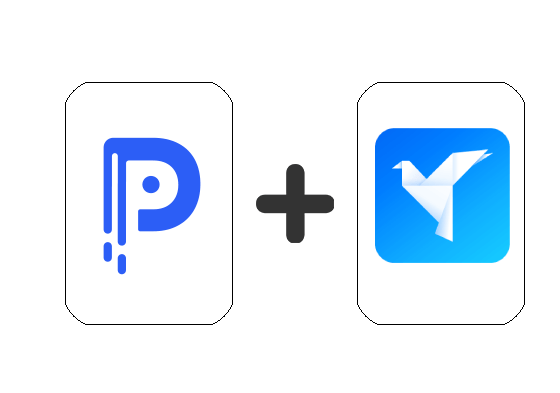Selenium Proxies
Selenium Proxies are tools used for web scraping and automated testing in web development. They act as intermediaries between the Selenium browser automation tool and the internet. These proxies are important for bypassing IP blocks, geolocation testing, data mining, gathering SEO data, and much more. They allow users to control their automation more effectively, hiding the IP of the bot and mimicking human-like browsing behaviors.
What are Selenium Proxies?
Selenium Proxies are a way of directing the traffic of your web scraping or web testing activity through a specific Proxy Server. They are used in the Selenium Webdriver automation framework to conduct tests on web applications. The use of proxies provides an extra layer of protection and allows you to simulate traffic from various locations around the world to test the application’s response.
Why should I use Selenium Proxies?
There are several benefits of using Selenium Proxies. By routing your activity through a proxy, you can protect your main server from being blacklisted during activities like data scraping. They allow you to simulate traffic from different geolocations for location-based application testing, providing accurate results for user experiences in those regions. Additionally, you may avoid CAPTCHAs and security blocks by using Selenium Proxies.
How can I set up Selenium Proxies?
Setting up Selenium Proxies involves few steps. First, define your Proxy in the Proxy class, include the type, HTTP or SOCKS, server IP and port. Then, use the DesiredCapabilities class to attach your Proxy to your WebDriver. Finally, launch your WebDriver with the Proxy settings. Keep in mind that proxy settings may differ slightly depending on your specific WebDriver or the browser you are testing on.







